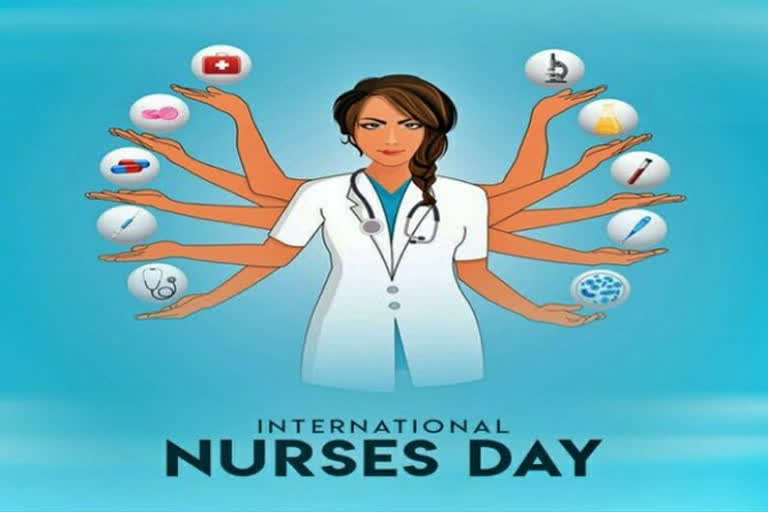New Delhi: The World Health Organisation (WHO) on Wednesday cautioned that unless countries and partners mobilize additional investments in health workforce strengthening, by 2030 there will be a global shortage of around 5.9 million nurses.
“The world currently faces a shortage of around 9,00,000 midwives, which represents a third of the required global midwifery workforce. With a density of 16.5 nurses per 10,000 population in 2018, the South East Asian region is below the average global density of 36.9 nurses. Although women account for 70 per cent of the global health workforce, they hold just 25 per cent of senior roles. It is time to acknowledge that female participation in leadership is vital to achieve the fairer and healthier region and the world to which we are committed,” said Dr Poonam Khetrapal Singh, Regional Director, WHO South-East Asia Region.
Amid the Covid-19 response, healthcare workers must be provided adequate access to personal protective equipment as well as first access to Covid-19 vaccines, which all member states have stipulated in national deployment and vaccination plans, she said.
Also Read: International Nurses Day: Abhishek salutes health workers undying spirit to fight COVID-19
“Regulations on working hours and minimum wages must be respected and every effort must be made to protect healthcare workers from stigma and violence. Between 8 per cent and 38 per cent of healthcare workers globally suffer work-related violence at some point in their career, and many more experience verbal aggression and social stigma,” Dr Khetrapal Singh.
She further said that to accelerate a health and economic recovery that is more equitable and resilient, countries must sustain and scale up investments in health workforce strengthening, especially on nurses and midwives.
Also Read: Bollywood stars salute nurses' efforts on International Nurses Day
“Amid the intense fiscal pressures imposed by the pandemic, additional nurses and midwives must be recruited and trained, and existing staff should be provided professional development opportunities. Investments from international financing institutions, bilateral and philanthropic partners must continue to be mobilized to strengthen the response and advance the 2030 Agenda,” said Dr Khetrapal Singh on the occasion of International Nurses Day.
All stakeholders must continue to advocate for and highlight the critical role nurses and midwives play in protecting health and keeping people safe.
Nurses and midwives are central to the delivery of quality primary health care for all. They are the backbone of health system resilience and must be accorded the highest respect, she added.



